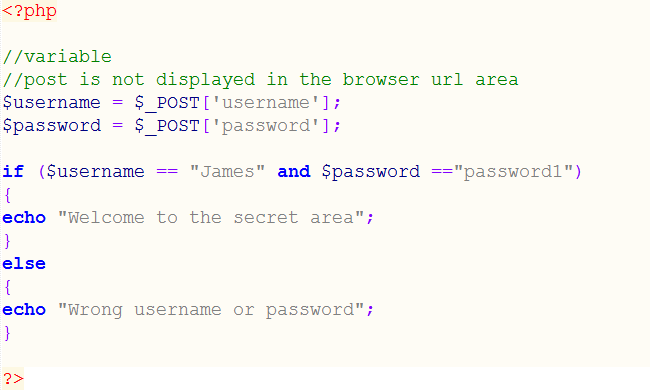week 6
Ethical Issues
Cookies - These are small files that are stored on client PC's once they visit a website that has some dynamic content within them (for the most part). These files are highly useful to the developers of the website as they can store information on the user's computer relating to their visit. This can be illustrated be by discussing the shopping cart of an e-commerce website. These sites allow users to place goods inside a virtual basket, these details are recorded inside a cookie, so, if the user navigates of to another website then returns all the elements are still inside the basket, all thanks to the cookie.
However, there is an issue here as these files can send information back to the server about lots of different things. An EU directive called the COOKIE LAW has guided all web developers where cookies are stored to present to the users the fact that cookies are used on the site and for the user to be able to make the choice to stay and accept the cookie or to navigate away.
Scanning PCs without consent,
faking statistics to obtain advertising deals based on visitor numbers.
Websites are able to generate advertising revenue and the number of views a webpage receive can generate false indications to the popularity of a site. Users can use small amounts of code to run scripts multiple times to give false data. Companies can employ tactics to use proxy servers to hide ip addresses to that they can generate multiple hits to a site to generate further revenue.
Coding Time
Post


Functions
 Time
Time
 explode
explode

Last Updated
2018-06-19 14:38:50
English and Maths
English
Maths
Stretch and Challenge
Stretch and Challenge
- Fast to implement
- Accessible by default
- No dependencies
Homework
Homework
Equality and Diversity Calendar
How to's
How 2's Coverage
Anonymous Assessment - Learners assess an anonymous piece of work containing deliberate mistakes against given success criteria.
Anonymous Assessment - Learners assess an anonymous piece of work containing deliberate mistakes against given success criteria.
Links to Learning Outcomes |
Links to Assessment criteria |
|
|---|---|---|
Files that support this week
Week 5→
Next 5Week 6→
Next 6Week 7→
Next 7←
Prev5
